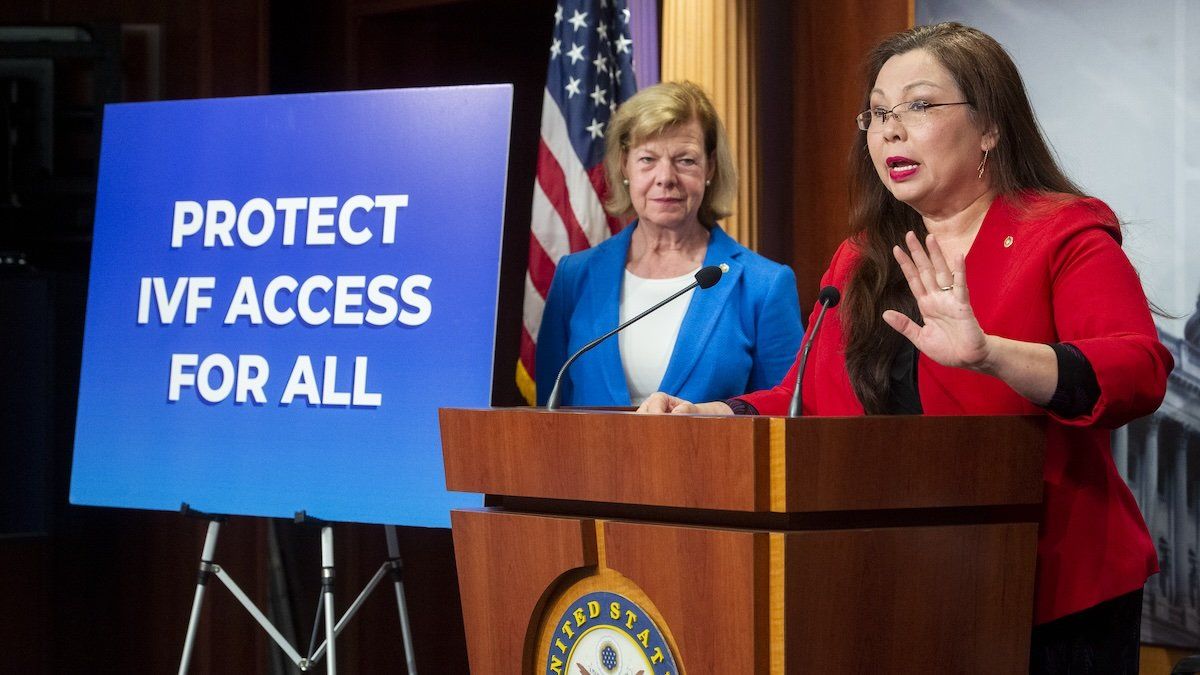Barely a week after the Alabama Supreme Court ruled that frozen embryos are “extrauterine children,” putting the future of in vitro fertilization (IVF) at risk throughout the state and, potentially, other parts of the nation, there are concerns the decision’s effects will creep north into Canada.
This week, the Alabama State Senate and House introduced bills moved to protect IVF providers as the state faced immediate backlash for the ruling. The court decision was a major win for anti-choice activists, which also has Canadians worried.
Under Canadian law, embryos are not considered persons — and that’s unlikely to change. But many Canadians seek IVF treatment in the US, which means stateside rulings could affect them. Plus, the transnational anti-choice movement — including its Canadian members — will be emboldened by the outcome.
While abortion in Canada is legal nationwide, access is limited by geographical barriers and a lack of clinics in some regions of the country, particularly Atlantic Canada. In the US, where a majority of Americans support abortion, lawmakers are proposing and passing abortion bans in states throughout the country in the aftermath of the Supreme Court’s decision to overturn Roe v. Wade. But pro-choice supporters are also fighting back.
On Wednesday, Democratic Sen. Tammy Duckworthtried to pass a quick bill to protect IVF throughout the country, but was blocked by Republican Sen. Cindy Hyde-Smith. The setback notwithstanding, the federal effort to secure fertility treatment rights won’t end there.
